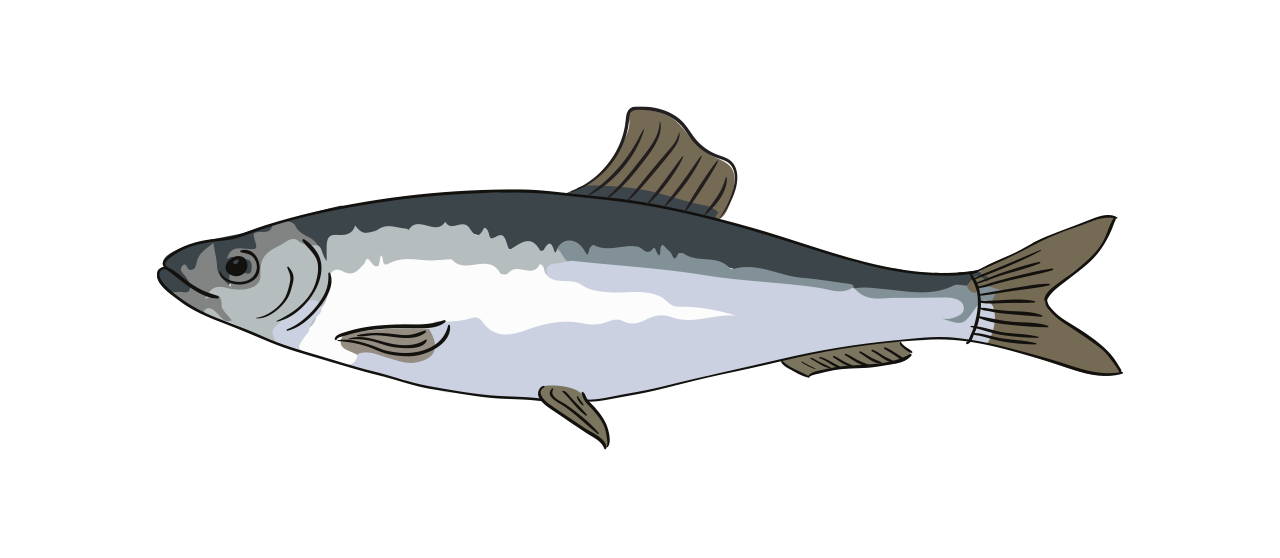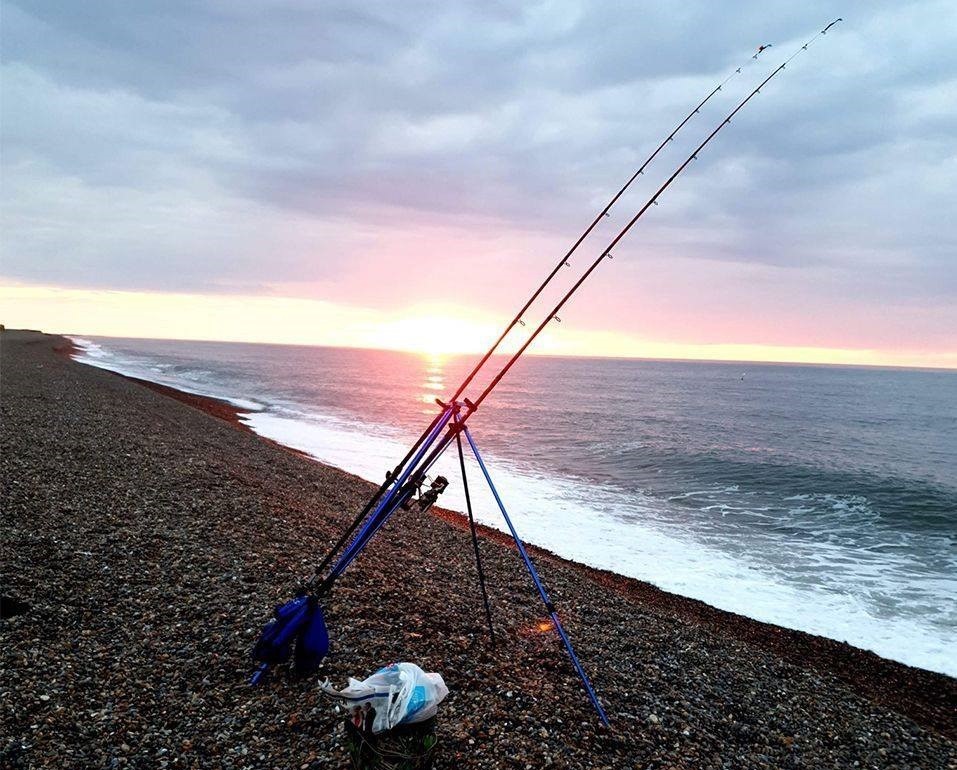Herring | Fish Species Guide | Angling Direct

Herring
aka Clupea harengus
Referred to as ‘the silver of the sea’, herring is a small silverfish that often has sections with a blue or green tinge and its head and gills tend to be black. The Atlantic herring is the most abundant of all the herring subspecies and can be found in the northern North Sea, off the coast of Scotland and in Northern Irish waters and in seas around Europe and North America. Its tail is deeply forked, it has a single short dorsal fin on its back and a small anal fin. The scales of the fish are relatively large and easily detached from the body.
A herring fish's unique way of communicating involves farting. In the night, the farting sounds allow them to communicate without alerting predators.
Stats
Status
Habitat
Rocky seabeds, in deep water during daylight, but rising as light levels fall.
Bait
Small sprats & feathers / lures.
Native or Invasive
Native
Where
The North Sea, off the coast of Scotland and in Northern Irish waters and parts of eastern Europe.
 Catch Experience
Catch Experience
Video
Blog Highlight
National Marine Week – Top 5 Sea Fishing Tips
With the sun shining and the family likely wanting to head to the beach, why not make the most of a visit to the coastline and bring those sea fishing rods along! Sea fishing is probably the most accessible; it's usually totally free around our...
Read More